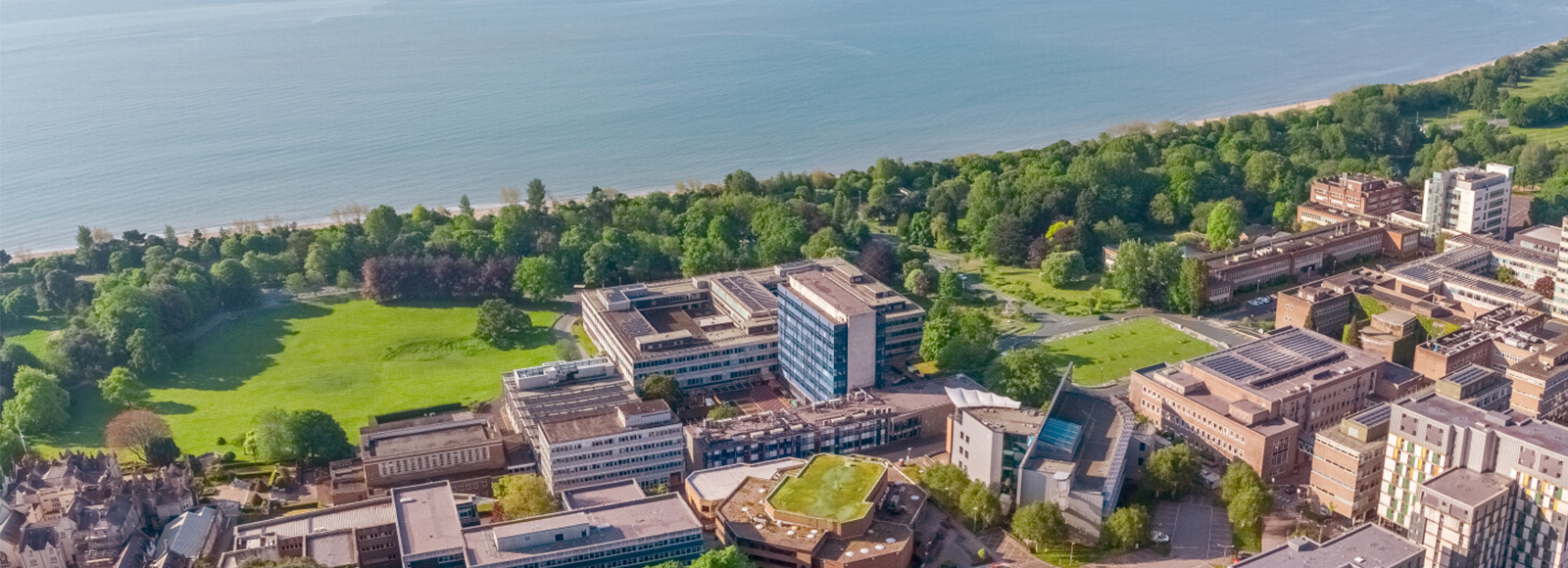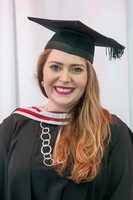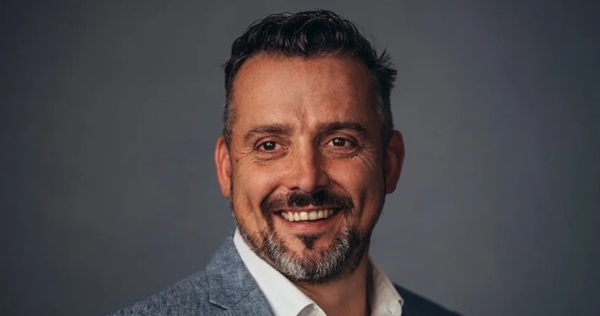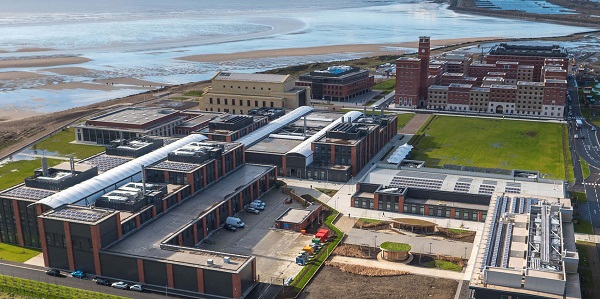Entry Requirements
To apply for this course you will need:
- A minimum of a UK 2.2 degree in Psychology, or a related discipline
- A range of qualifications from international applicants are considered
- If you are a non-first language English speaker you will need to have a minimum of IELTS 6.5, with a minimum of 6.0 in all domains, or a University approved equivalent, prior to starting the programme.
- Applications are welcomed from non-standard applicants. If you wish to be considered for non-graduate entry you must have a non-graduate qualification followed by significant work, or other, experience which has been assessed as appropriate for admission.
Fees
For fees and funding options, please visit website to find out more.
Programme Funding
We offer a wide range of scholarships and bursaries for both taught and research courses to help you fund your study.
Student Destinations
Swansea Employability Academy (SEA) will support you at each stage of your career journey helping you build a bright future.
Our career support services include:
- Employability workshops, employers’ talks, bespoke events and careers fairs
- Individual advice and guidance from professionally qualified Careers Advisers
- Help with finding jobs, internships, work placements and volunteering opportunities
- Access to information resources on a wide range of career management topics
- Funding to support student internship opportunities and Student Society/Club events.
We also provide help and advice for Swansea University Alumni up to two years after you graduate.
Module Details
Please visit website for module details
Swansea University Campus

Discover a range of postgraduate research funding opportunities at Swansea University
Now more than ever, we recognise the importance of offering a ...






















